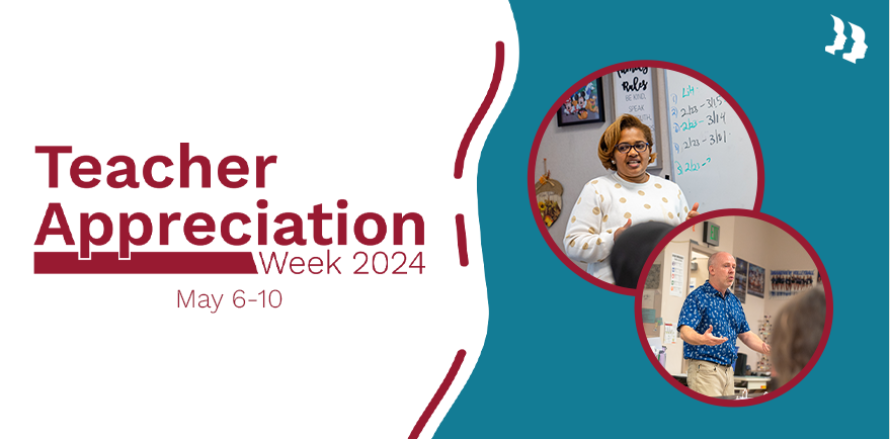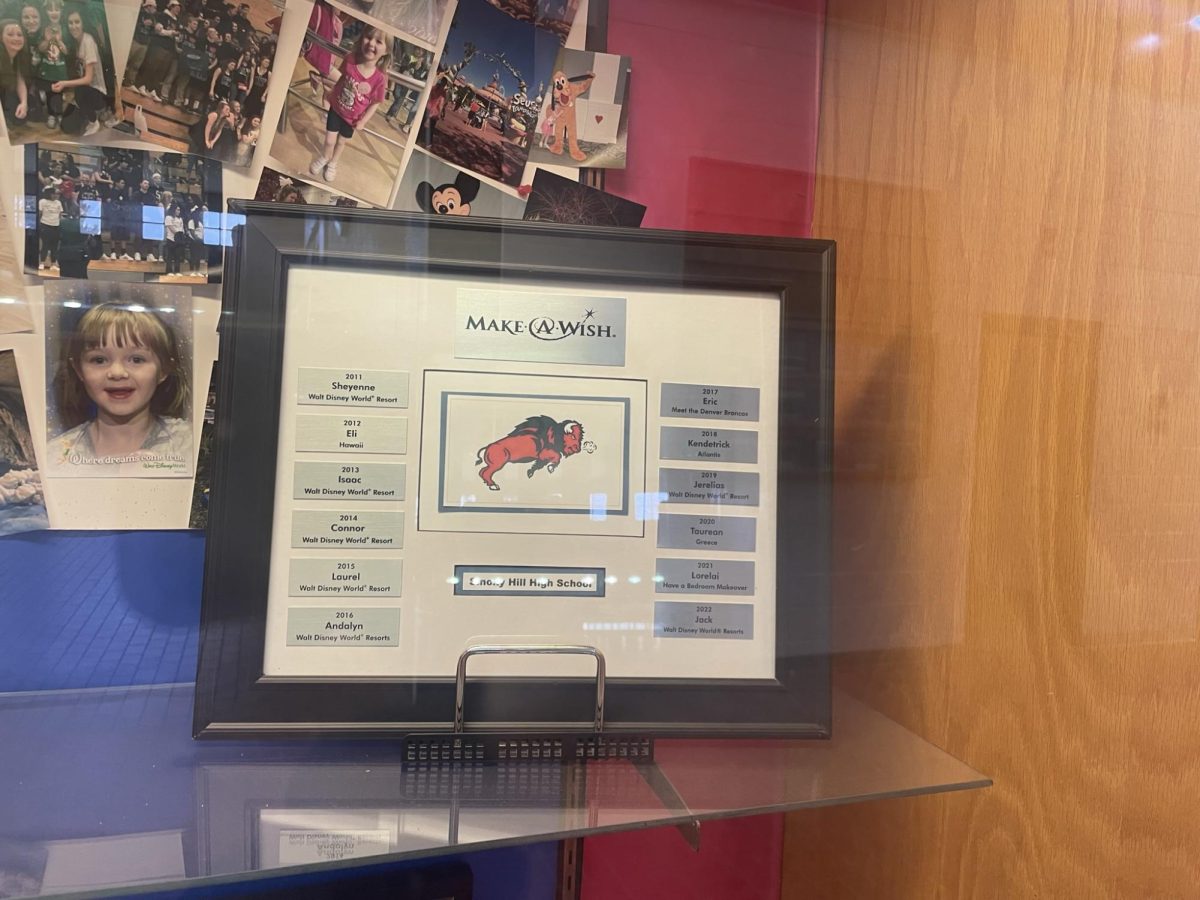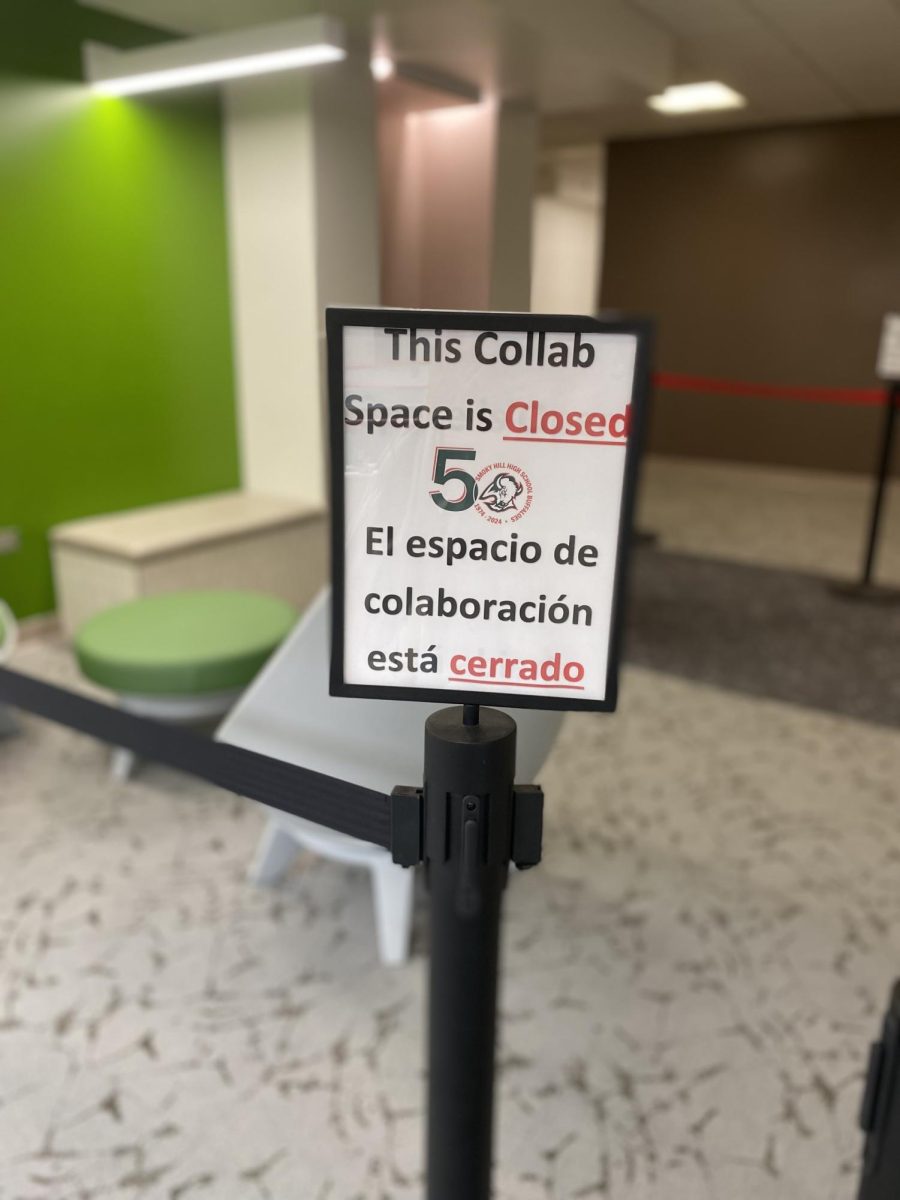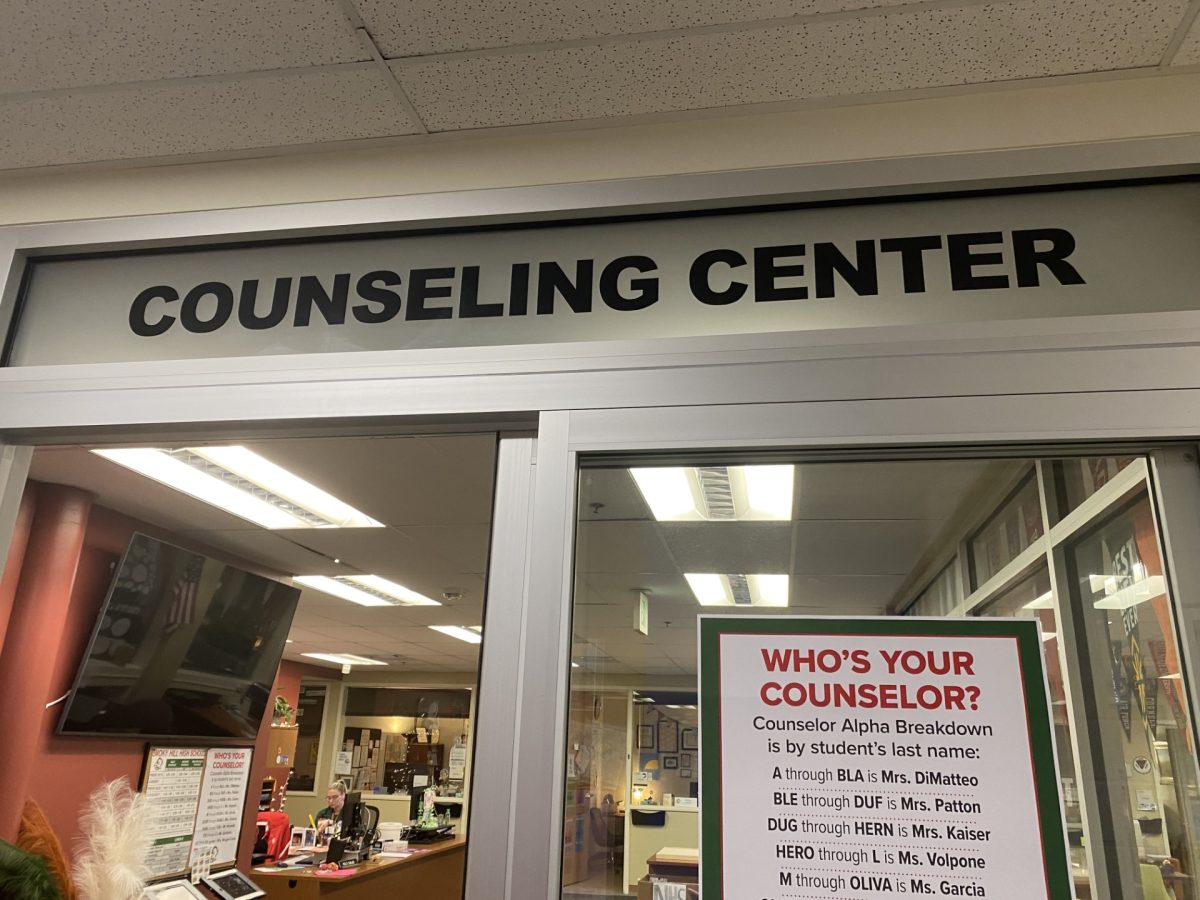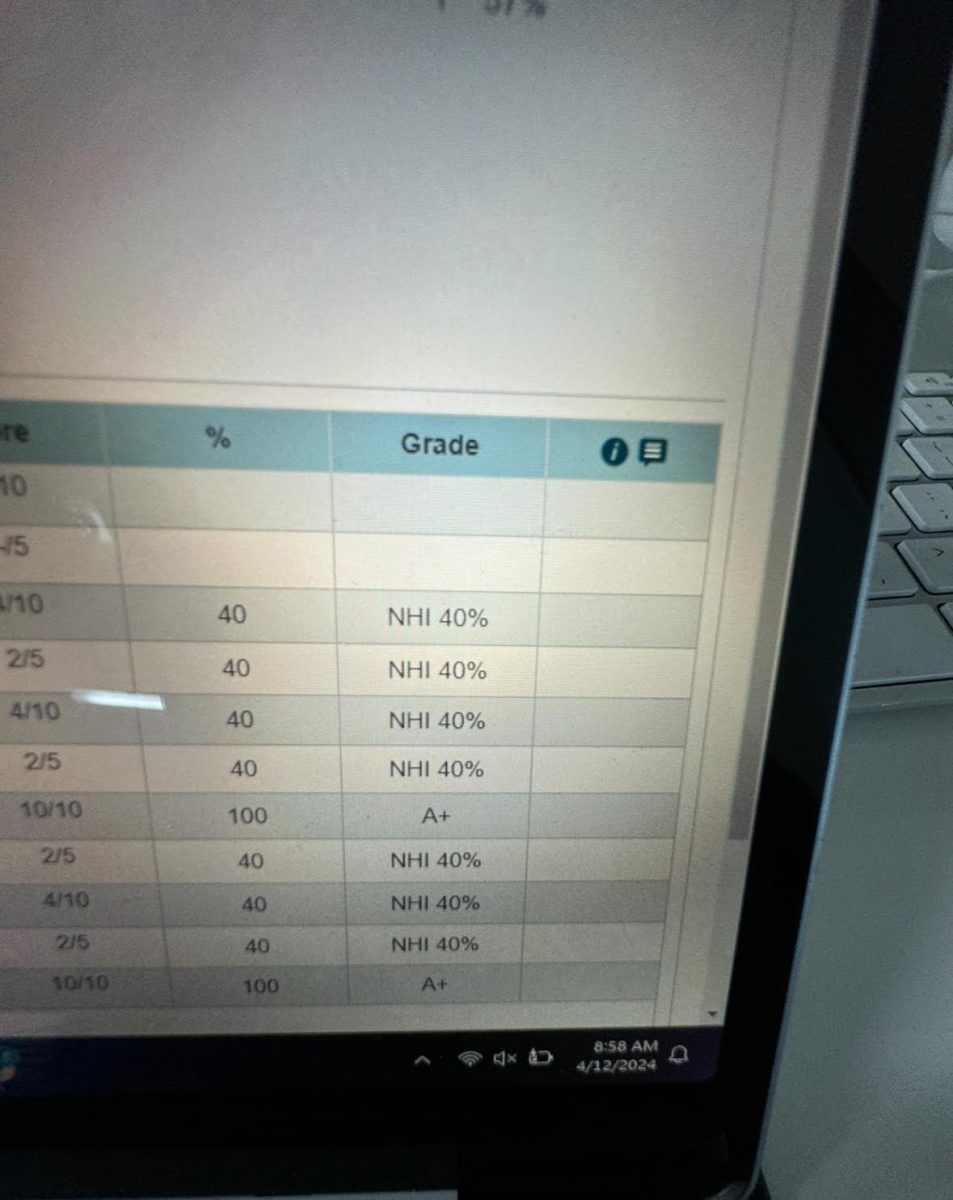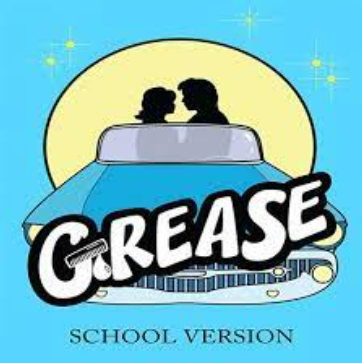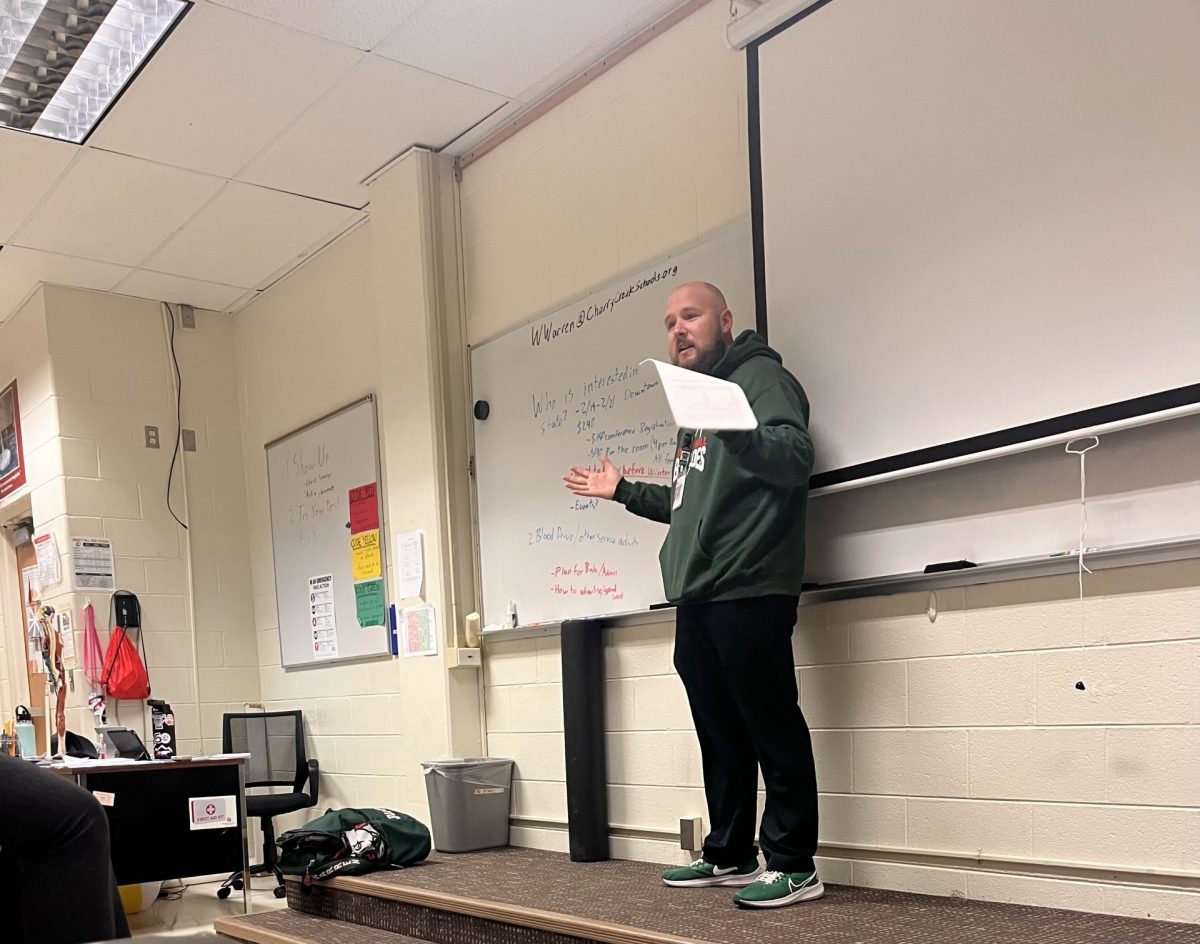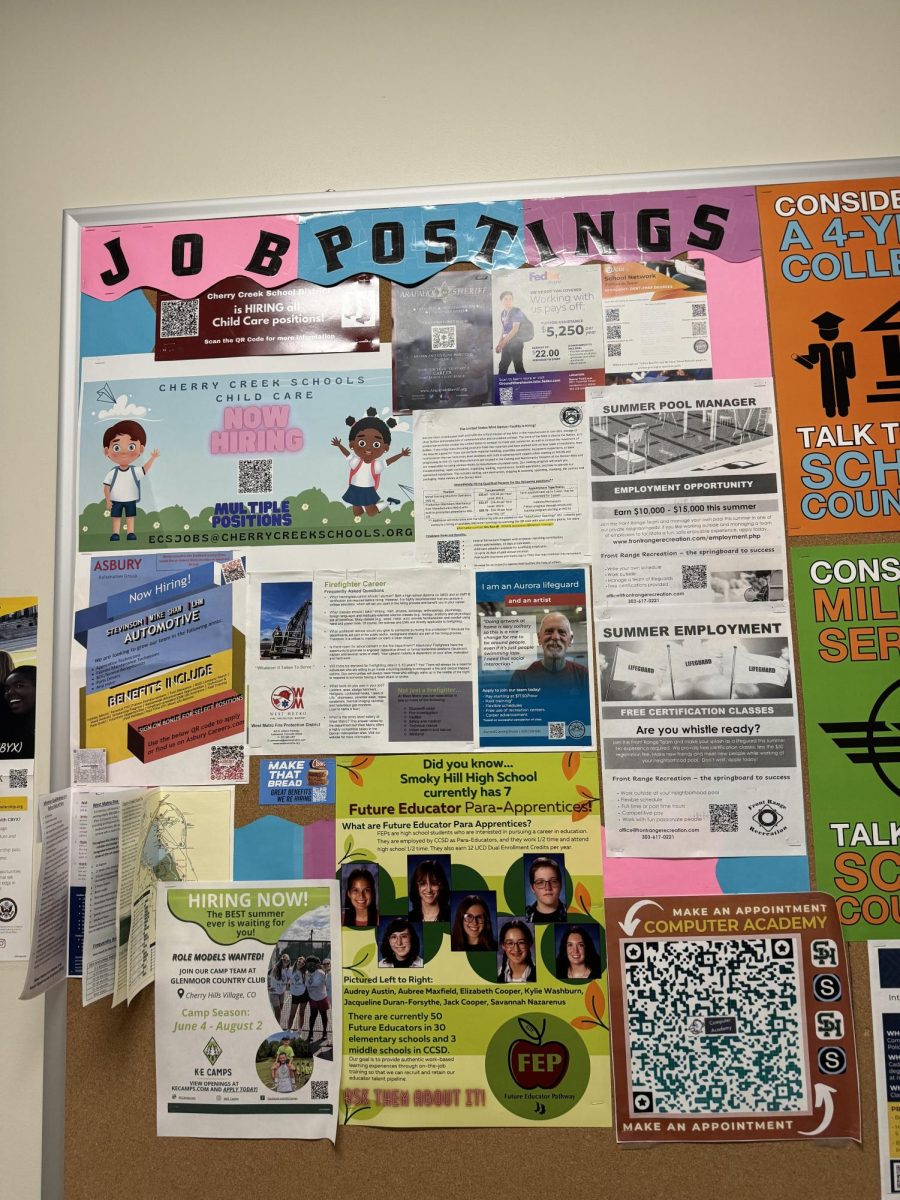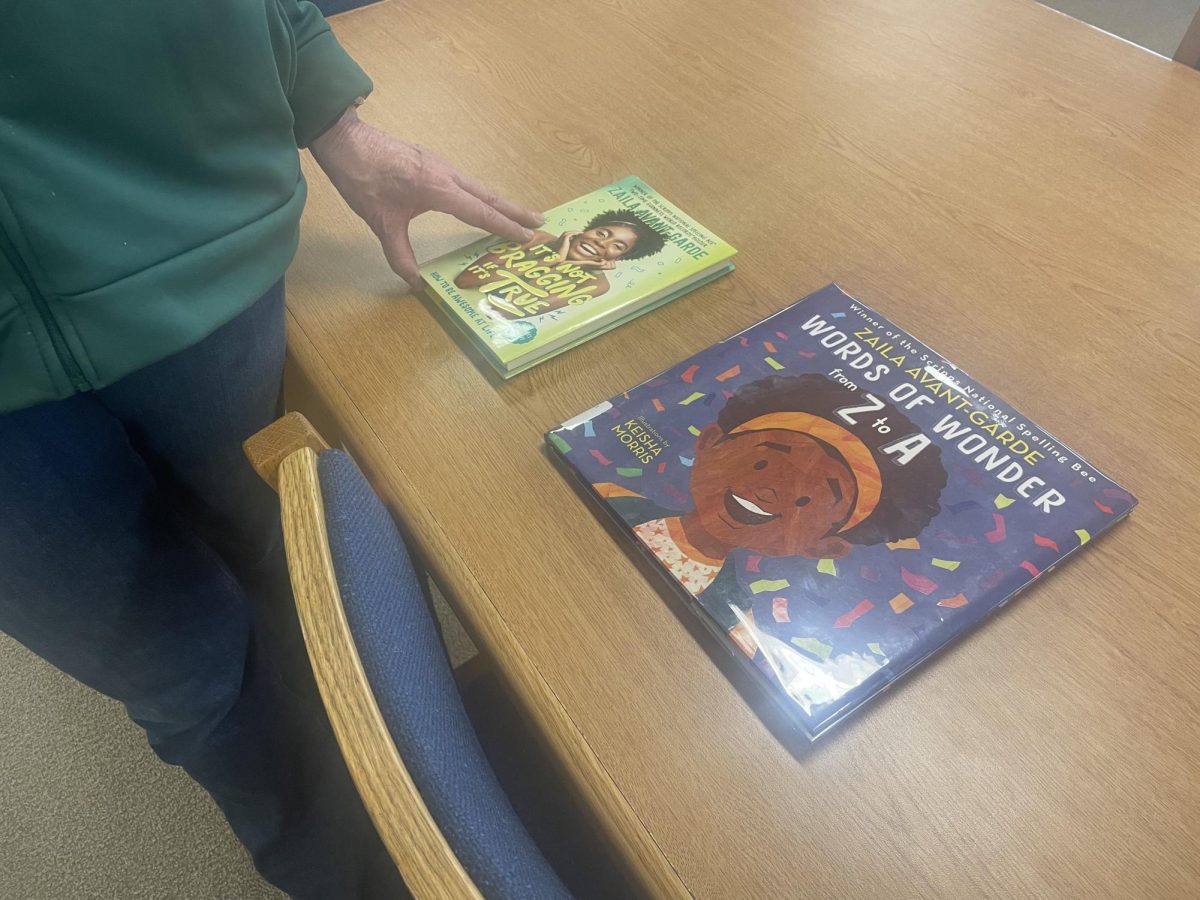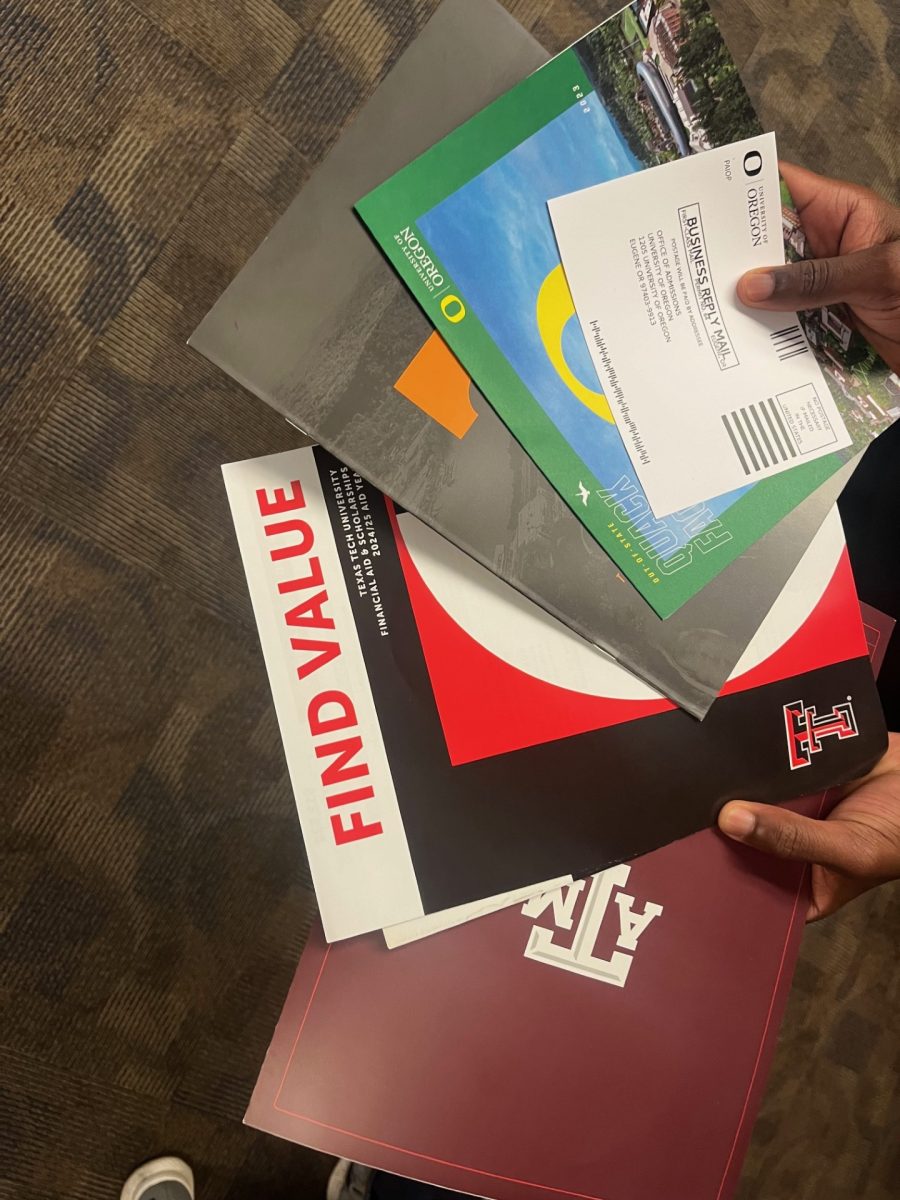Money management is a crucial skill for everyone, especially as we grow older and start taking on more responsibilities. High school is the perfect time to start learning about financial literacy—knowing how to manage money wisely and plan for the future.
Managing money wisely means understanding how to budget. Budgeting is like making a plan for your money. You decide how much you have and how you want to spend it. Start by listing your income, like allowance, part-time job earnings, or gifts. Then, make a list of your expenses, such as school supplies, snacks, or entertainment. Compare your income to your expenses, and try to spend less than you earn. This way, you can save money for things you really want or unexpected costs.
Another important aspect of financial literacy is understanding the difference between needs and wants. Needs are things you must have to live, like food, clothing, and shelter. Wants are things you desire but can live without, like video games, designer clothes, or eating out. Learning to prioritize needs over wants can help you make smarter spending choices.
Planning for the future means thinking ahead about your financial goals. Do you want to go to college? Buy a car? Travel? Retirement may seem far away, but starting to save early can make a big difference later on. Consider opening a savings account and putting aside a portion of your earnings regularly.
Lastly, it’s essential to understand credit and debt. Credit allows you to borrow money to buy things now and pay for them later. But be cautious—too much debt can lead to financial problems. Always try to pay your bills on time and avoid borrowing more than you can afford to pay back.
In conclusion, financial literacy is a valuable skill that can help you navigate life’s financial challenges with confidence. By learning to manage money wisely, distinguish between needs and wants, plan for the future, and use credit responsibly, you’ll be better prepared for a financially secure future.

